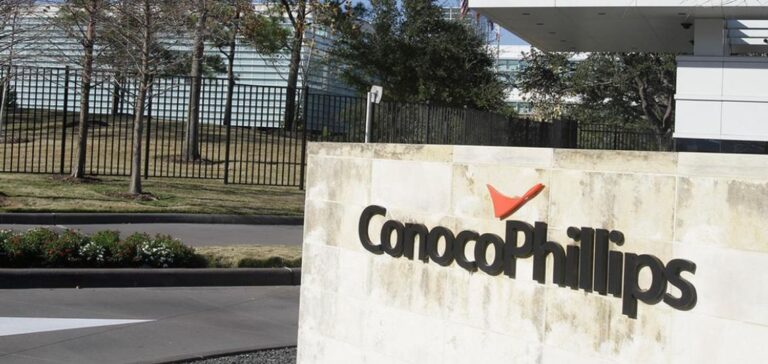In May, ConocoPhillips announced its intention to buy Marathon Oil for $22.5 billion in shares, with the aim of boosting production and achieving economies of scale in shale fields and liquefied natural gas (LNG) in the USA. This transaction is part of a series of major mergers in the sector, including Exxon Mobil ‘s $60 billion acquisition of Pioneer Natural Resources, Chevron’s $53 billion merger with Hess, Chesapeake Energy’s $7.4 billion purchase of Southwestern Energy, and Occidental Petroleum’s $12 billion bid for CrownRock.
Implications of the FTC request
The FTC’s additional request for information could delay finalization of the agreement. ConocoPhillips had originally expected the agreement to close in the fourth quarter of this year. This delay could postpone the full realization of the cost savings and benefits expected from shared equipment and personnel.
Operations and key figures
The Conoco-Marathon combination would create a company producing 2.26 million barrels of oil and gas per day, adding 1.32 billion barrels of proven reserves to ConocoPhillips’ 6.8 billion. The offer of 0.255 ConocoPhillips shares for each Marathon share represented a premium of 14.7% to Marathon’s closing price prior to the announcement of the agreement.
Both companies have operations in the shale fields of West Texas, South Texas and North Dakota, key regions for oil and gas exploration and production in the USA.
This major acquisition, in line with other consolidations in the energy sector, is being closely monitored by the FTC to ensure that it complies with antitrust regulations and does not harm competition in the market.
Outlook and analysis
Investors and stakeholders in the energy sector are closely monitoring the implications of this merger, which could redefine the competitive landscape. If approved, this transaction could strengthen ConocoPhillips’ market position, increasing its ability to compete with other giants in the sector. However, the FTC’s stringent regulations and scrutiny are major hurdles to overcome in finalizing this ambitious agreement.





















